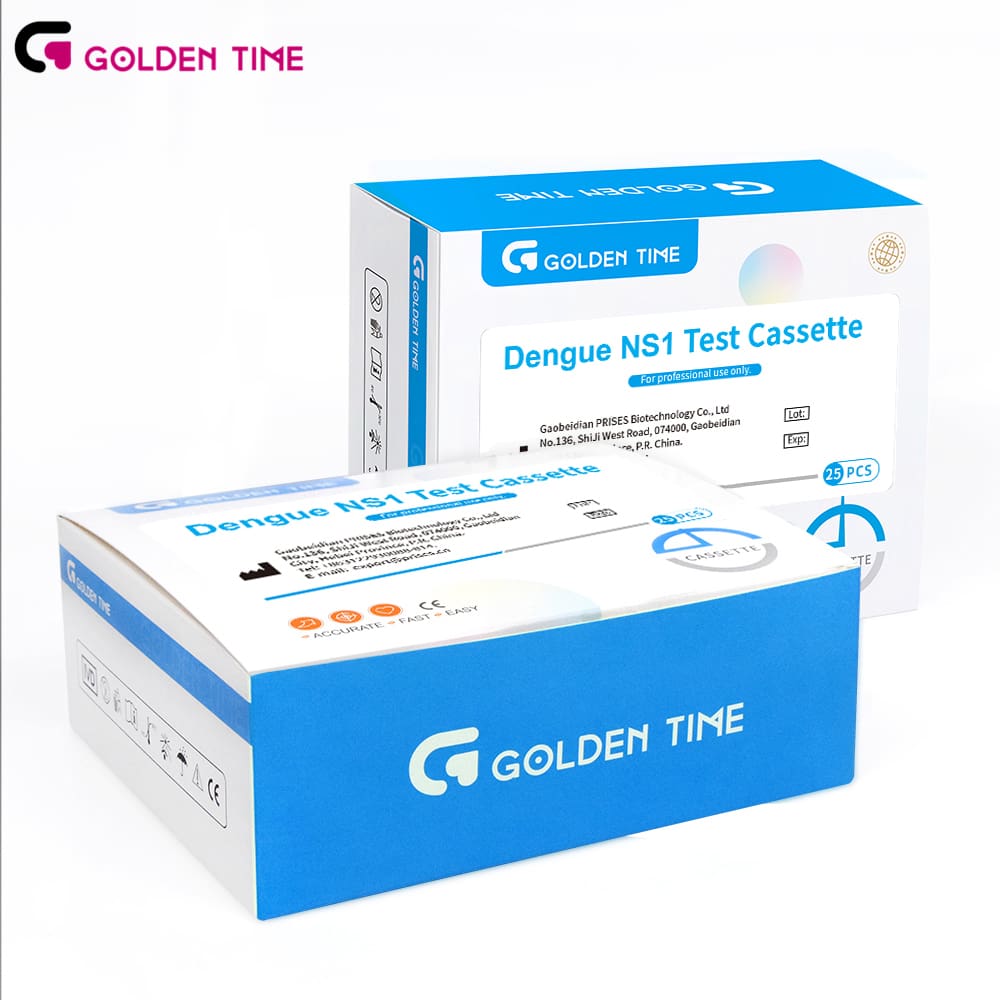Aug . 07, 2024 13:15 Back to list
Top Manufacturers of High-Quality FOBT Tests for Accurate Diagnostics and Reliable Results
The Best FOBT Test Diagnostics Manufacturers A Comprehensive Overview
Fecal occult blood tests (FOBT) are crucial tools in the early detection of colorectal cancer and other gastrointestinal disorders. As the demand for accurate and reliable diagnostics grows, various manufacturers have emerged to meet this need. This article explores the leading FOBT test diagnostics manufacturers, highlighting their innovations, reliability, and the overall importance of these tests.
Understanding FOBT
The FOBT is a non-invasive screening method designed to detect hidden (occult) blood in stool samples. Blood can often indicate underlying health issues, most notably colorectal cancer. Early detection through FOBT can significantly improve patient outcomes, as the prognosis for many gastrointestinal conditions is highly favorable when identified early.
Key Players in the Market
1. Roche Diagnostics Roche is one of the most prominent names in the diagnostic field, known for its innovative technologies and commitment to improving patient care. The company’s FOBT products, such as the Roche FOBT, are designed for high sensitivity and specificity, helping to minimize false positives and negatives. Their easy-to-use kits come with user-friendly instructions, making them accessible for both clinical settings and home use.
2. Abbott Laboratories Abbott has a long history of excellence in diagnostic tests. Their products, including the Hemoccult test, have been widely used for decades. Abbott focuses on producing high-quality components that ensure reliability in test results. Their continuous investments in research and development have led to advancements in fecal immunochemical tests (FIT), making them a preferred choice for many healthcare providers.
3. Hoffmann-La Roche Hoffmann-La Roche is another major player that develops sophisticated FOBT systems. With advanced technologies, such as digital immunochemical assays, Hoffmann-La Roche has taken FOBT testing to the next level. Their products are known for their accuracy and confirmatory capabilities, which help clinicians make informed treatment decisions.
best fobt test diagnostics manufacturer

4. Quidel Corporation Quidel is known for its pioneering role in rapid diagnostics. They produce a range of tests, including non-invasive stool tests for gastrointestinal pathogens. Their focus on quick results helps clinics manage patient flow more effectively, and their FOBT products are well respected for their high sensitivity.
5. Sysmex Corporation Sysmex specializes in hematology and urinalysis diagnostic systems. Their approach to FOBT leverages automation and advanced analytics, providing laboratories with efficient processing capabilities. Sysmex’s tests are designed for scalability, ensuring accurate results even in high-volume settings.
The Importance of Quality in FOBT Testing
Quality is paramount when it comes to diagnostic testing, especially with a test as critical as the FOBT. Clinicians rely on the accuracy of these tests to make vital healthcare decisions. Leading manufacturers uphold stringent quality control measures and adhere to international standards, ensuring that their products deliver reliable results.
Moreover, advancements in technology have led to the development of more sensitive and specific tests. For instance, the shift from guaiac-based FOBTs to immunochemical tests has resulted in improved accuracy and fewer dietary restrictions before testing, enhancing patient compliance.
Conclusion
The landscape of FOBT diagnostics is continually evolving, supported by leading manufacturers dedicated to innovation and quality. Companies like Roche, Abbott, Hoffmann-La Roche, Quidel, and Sysmex are at the forefront of this field, providing healthcare providers with reliable tools to conduct vital screenings. As awareness around colorectal cancer increases, the role of these tests in preventative healthcare will only become more significant, underscoring the need for continued advancements in diagnostic technologies. The collaboration between manufacturers, healthcare providers, and researchers will ultimately contribute to improved patient outcomes and the fight against gastrointestinal diseases.
-
Accurate Benzodiazepines (BZO) Rapid Test Kits | Fast Results
NewsAug.27,2025
-
Trusted Early Pregnancy Test Kit Supplier | Accurate, Fast Results
NewsAug.26,2025
-
China Sterile Nylon Flocked Throat Swabs: Superior Sample Collection
NewsAug.25,2025
-
COVID-19 Rapid Antigen Test Kit: Accurate & Fast Home Results
NewsAug.24,2025
-
Premium Cassette Lateral Flow Devices for Rapid Diagnostics
NewsAug.23,2025
-
Pregnancy Test Calculator: Know Your Weeks, Week by Week
NewsAug.22,2025

